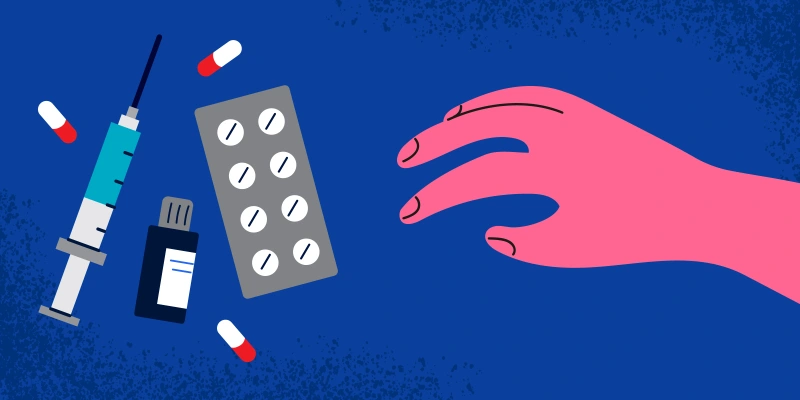
Is "pimping" wrong? Is it a normal part of any high-stakes learning experience or is it a toxic byproduct of an outdated medical educational system?
What is "Pimping"?
When I think of "pimping," I think about aggressively asking people esoteric medical questions. I think about publicly demanding that an intern give me the average weight, in drams, of an adult spleen and then berating them when they look bewildered. That, to me, would be pimping. To act as though trivial information is actually common knowledge. To use questions as weapons to clarify the hierarchy—that's pimping. It's all about intention. It's a surprise game of "guess-what-weird-fact-I-remember-that-you-don't!"
The outcome tells you what happened. If, after the exchange, the learner feels humiliated as the attending reigns triumphant, then it's fair to say that pimping occurred. Pimping feels more like sport than education.
What is Not "Pimping"?
Being asked a reasonable question that you don't know the answer to is not pimping.
What do you think is going on with the patient?
What do you think we should do with this patient?
What would you do if you were here alone?
What are you going to do when every test you've ordered is normal?
Do you think your patient will be able to carry out your care plan?
In my opinion, these are not pimping questions; they're questions that help convert medical knowledge into medical practice.
It's not fair to say that you're the victim of pimping because you feel shame about not knowing an answer. Feeling ashamed may also be normal and may mean that you have a conscience and a sense of responsibility. It might mean that you need to learn more, do more, and see more (that is, it might mean you need to continue your education).
You're being ushered into a profession where other people's lives are at stake. From time to time, it's going to be a little serious and uncomfortable.
Why Create Discomfort?
Growth and comfort do not co-exist.
– Ginni Rometty, CEO of IBM
Admittedly, I create some discomfort. Here's why:
When you're in training, your educator will have no idea what you know if they don't ask you questions. If you get by with four years of people having no idea what you don't know, you've been done a disservice. Residency is professional development. It's through residency that you learn to take medical facts and convert them into plans for patients. There is no reason to think you could do this alone—your educator will have to be there to guide you. And questions are the currency by which this happens.
At least half of the medical content in my brain is wrong. Or outdated. Or based on experience/hunch/suspicion rather than evidence. The classic adage applies: half of what I have been taught is wrong, I just don't know which half. This is why the emphasis on being able to think about patients is so important. The content will change, the ability to apply and integrate the content will not.
This is training for the craft of your medical practice. In part, you're asked a thousand questions because you'll be answering aggressively posed questions for the rest of your life.
When it's no longer your attending physician asking the questions, it will be the patients.
Their families. Your boss. Your chairperson. The hospital administration. The plaintiff's attorney.
They'll all be asking essentially the same questions: what are you doing? Why are you doing it? Is it reasonable? And if you think your attending is "pimping you," just wait.
That's Nice—I'm Being Pimped. Now What?
Situations will occur where you feel uncomfortable, ashamed, and angry. You can categorize them anyway you'd like. You can plan your revenge. You can craft your official complaint to your attending's superior—do what you will—but the reality is that you will have to professionally manage yourself in this situation.
You're going to have to figure out how to get something you need out of a situation you don't like.
You do this by developing a clear sense of what you need and what you don't. The "pimper" has done this to scores of people before you and will do it to countless after. This isn't personal. If you call in sick, they'll just pimp someone else.
What you need is to understand the argument behind what they're trying to get you learn. You will be exposed to dozens of ways of thinking about and solving the same problem. You need the thinking behind these perspectives, not the tone of their delivery. It's like politics—you don't have to love the rhetoric, but you need to understand the logic, even if you don't agree with it.
Similarly, it is these arguments that will inform your medical practice. To view it positively, being "pimped" is an opportunity to learn how to handle exchanges effectively. Learning how to field difficult questions is a part of your profession.
You need to leave residency with feeling confident that no matter what walks through your door, you can figure it out, even if you've never heard of or treated it. At some point, you will be the final answer in a patient's care.
The only way you'll feel comfortable giving answers is to get comfortable hearing questions.
This article appeared previously at The Prescient Doc.







